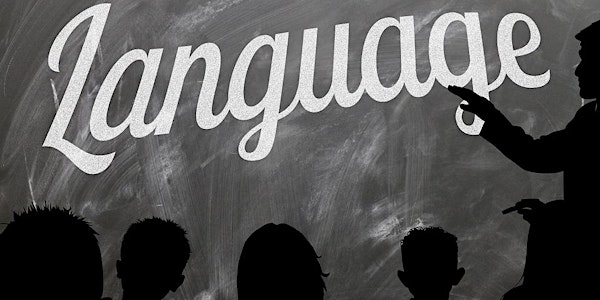
Disability workshops
Date and time
Location
Description
King’s Students are pleased to announce they are hosting a series of workshops for students and staff to explore disability in Higher Education with a focus on language. This event aims to bring together the wider King’s community to help raise awareness of experiences and approaches, and celebrate our differences and similarities! The event will also mark the launch of King’s new Disability Peer Mentoring Fund, an exciting initiative to help students get involved in inclusive practices at King’s.
This event is open to all staff and students. You can attend the whole day or individual sessions. If you have any access of dietary requirements, please contact disability@kcl.ac.uk. The access guide is available here.
Agenda
14:00 – 15:00 Workshop “Language and Disability: how language can oppress or embrace”
Tea break
15:15 -15:50 Discussion “EMPOWERMENT”
Tea break
16:00 – 16:20 Talk “Disability Rights in Higher Education” and Disability Peer Mentoring Fund Launch
16:20 onwards afternoon tea and wrap-up
More information:
“Language and Disability: how language can oppress or embrace” Workshop
with Erk Gunce (KCL student)
Language has a weird way of promoting and reinforcing discriminatory attitudes and beliefs. The language we use to talk about disability can often be oppressive and outdated. What does the phrase 'special needs' convey? Calling disabled people 'special' alienates them from society, since they are seen as different. How about words like 'hearing disorder', 'wheelchair-bound' and 'handicapped'? What are the different connotations of the expression 'disabled people' versus 'people with disabilities'? The British government has published a guidance document, discouraging certain words. Should we be talking about learning disorders or learning differences? Oppressive language exists in many other languages too. Other languages often describe disabled people as 'invalid' and 'backwards'. How can we identify oppressive language? How can we avoid it? Join us for an open discussion on the language of disability.
Please note this is an open and safe space, with discussions being led by KCL students.
Discussion “EMPOWERMENT”
with Alice Chappell (KCL student) and Stephanie Baum (King's Disability Support)
We invite you to attend a discussion on how we view ourselves, our wants, our needs, our differences and our similarities. In continuation with the themes of Disability History Month, we will discuss the disabled elephant in the room, analysing what that might really mean for our practical day-to-day and how those practicalities might affect our sense of self – and we will focus on the multitude of other, and perhaps more important, ways by which we define ourselves.
We welcome a wide variety of perspectives, and hope this event will be attended by those who identify as disabled, those who are interested and want to find out more about better supporting disabled staff and students. We hope you will all leave with an increased awareness of the power you already have to make King’s a more inclusive university to study and work!
“Disability Rights in Higher Education” and launch of Disability Peer Mentoring Fund
with Barry Hayward (King’s Disability Support)
Barry will provide a summary of the developing rights of disabled students in the university sector since legal rights were enacted in 2002 (Disability Discrimination Act now Equality Act 2010).This will provide an introduction to a new scheme funded by our Widening Participation Department which seeks the involvement of King’s disabled students to improve independence, accessibility and inclusion at King’s.
Come along to learn about funding to help you -
form a group?
lead a disability focused campaign?
undertake research into the experience of disabled students?
The funding will provide guidance and support, as well as part time work (based on Student Ambassador rates). Open to any King’s student with an interest in disability who wishes to actively advance the inclusion of disabled students. Direct personal experience of disability is preferred.